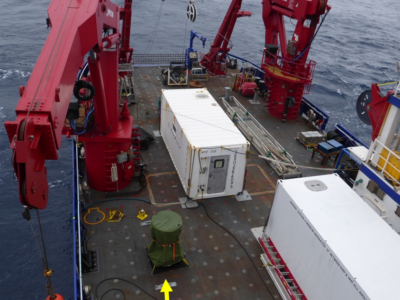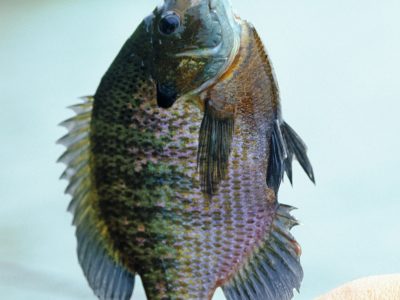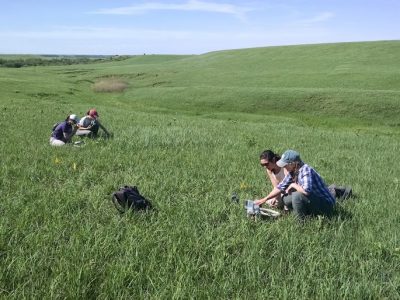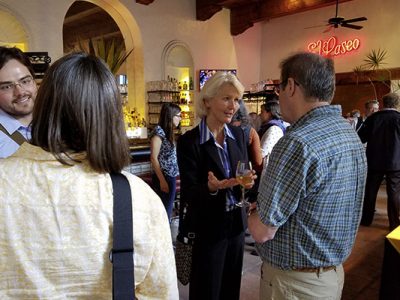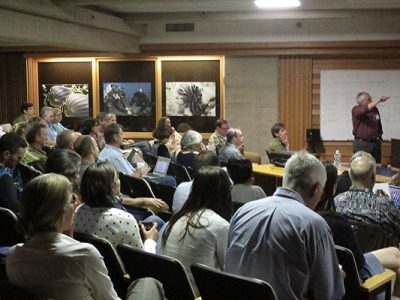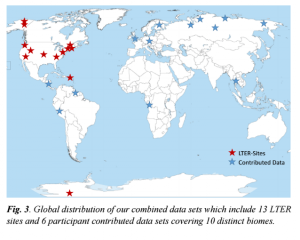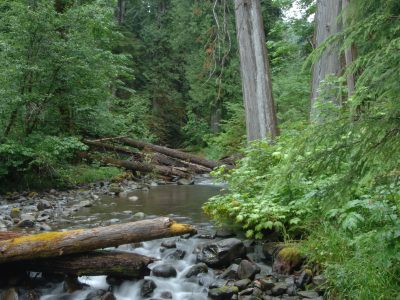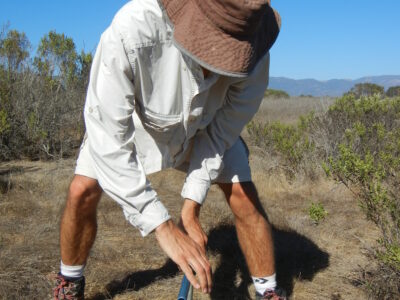ESA By Topic: Presentations on the Ecological Impacts of Saltwater Inundation
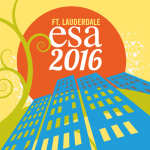
The IPCC projects that, even if humans succeed in keeping temperatures below the 2°C target set in Paris, sea level will rise 0.28 to 0.61 m this century. With this amount of sea level rise, salt water pulses from high tide floods and storm surges will become ever-more common in coastal ecosystems. Multiple LTER sites are running experiments… Read more »

